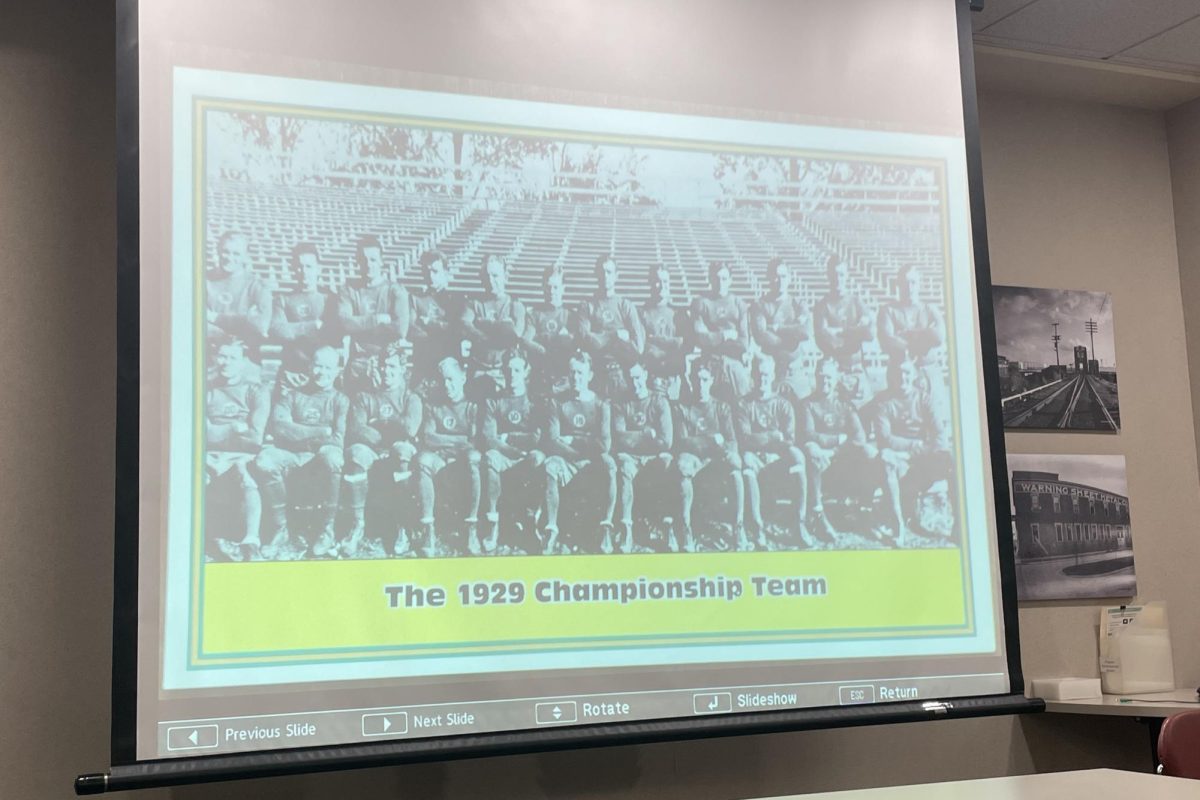There’s a term being thrown out a lot these days. It’s a term used to describe the overabundance of superhero movies and often it is used in a negative manner.
The term I am referring to is “superhero movie burnout,” or anything that sounds similar to that. I can see why this term is commonly used. However, I believe there might be an explanation.
Back in the ’70s, ’80s and ’90s, superhero movies weren’t as common as they are now. The superhero movies that did come out either were great, bad or good at the time, but aged poorly.
It wasn’t until 2002, when Sam Raimi and Marvel released “Spiderman,” that there was a clear shift in the lasting quality of superhero movies.
I remember as a kid popping “Spiderman” into the DVD player and being blown away. Even now that I am 18 years old, the movie still blows my mind. The computer-generated imagery (CGI) looked clean and the story was very interesting.
“Spiderman” was to superhero movies as “The Matrix” was to science fiction. Then two years later, Christopher Nolan and DC released “Batman Begins.”
Unlike previous live action iterations of Batman, “Batman Begins” took a more grounded and gritty approach to Batman, his allies and his foes.
The story itself is pretty self explanatory — an origin story for Batman showing how he learns new things throughout the film. The reason I bring up both of these films is because they both brought back the interest in superhero movies.
“Spiderman” and “Batman Begins” being successful for Marvel and DC, respectively, was what allowed many people to start thinking about which other superheroes could get their own movies. Eventually, Marvel worked with director Jon Favreau and ended up releasing “Iron Man” in 2008.
“Iron Man” was followed by “The Incredible Hulk,” (directed by Louis Leterrier) which not only confirmed that both films take place in the same universe, but also confirmed that more movies would soon follow that would eventually lead to 2012’s “The Avengers” (directed by Joss Whedon).
With the build up and eventual success of “The Avengers,” Marvel had figured out their key to success. Marvel took advantage of their newly established Marvel Cinematic Universe (MCU) to create new stories and expand upon their characters, the settings, and the entire lore of the MCU. Meanwhile DC Comics was falling behind the curve.
Though “Man of Steel” (directed by Zack Snyder) was an interesting take on Superman, DC continued to fumble the opportunity to make a cinematic universe that could compete with Marvel.
“Batman v. Superman: Dawn of Justice” (directed by Zack Snyder) and “Justice League” (directed by Joss Whedon) didn’t live up to the standards “Man of Steel” placed.
DC kept releasing movies to try to build up a cinematic universe but Marvel was far ahead and was more successful from it. However, even Marvel is starting to go a little downhill.
With the introduction of Disney+, Marvel saw an opportunity to capitalize on making content exclusively for the service.
While some shows such as “Loki,” “Falcon and the Winter Soldier,” and “What If..?,” became favorites among fans, other shows like “Wandavision,” “Ms. Marvel,” and “She-Hulk” ended up being disappointments due to their lack of compelling writing and sometimes questionable CGI effects.
Even the movies took a dip in quality with “Eternals” (directed by Chloe Zhan) and “Thor: Love and Thunder” (directed by Taika Waititi) being major examples.
With even more projects set to be made and released before the next Avengers movie, Marvel needs to reconsider the idea that quality is better than quantity.
Alongside that, Marvel is more than capable of releasing great projects with movies such as “Black Panther: Wakanda Forever,” (directed by Ryan Coogler) “Shang Chi and the Legend of the Ten Rings,” (directed by Destin Daniel Cretton) and “Guardians of the Galaxy Vol. 3” (directed by James Gunn).
Even DC has decided to get it together by giving their cinematic universe a much needed reboot. Their newest release “Blue Beetle” (directed by Ángel Manuel Soto) is proof that DC can make an amazing project if they simply allow their directors to pour their passion into these films.
So in conclusion, while I believe that superhero movie burnout is real, it isn’t about the overabundance of superhero movies, but rather the overabundance of lazily produced movies.













